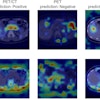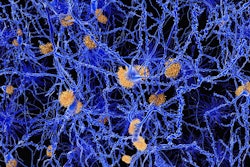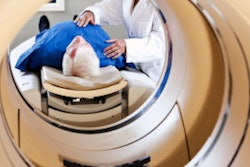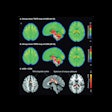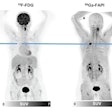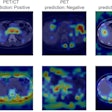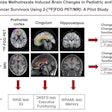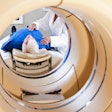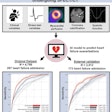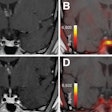In this Monday afternoon session, presenter Carrie Hruska, PhD, will share findings from a study that explored the association between background parenchymal uptake on MBI and risk of future breast cancer in this population. The study included nearly 3,000 women who underwent MBI with technetium-99m (Tc-99m) sestamibi and a dedicated gamma camera between 2004 and 2015. The researchers assessed the women's background parenchymal uptake on baseline MBI and their mammographic density.
The group found the following:
- 3.1% of women with minimal background parenchymal uptake developed cancer.
- 6.2% of women with mild uptake developed the disease.
- 7.1% of women with moderate/marked uptake developed breast cancer.
Higher risk of future breast cancer in women with higher background parenchymal uptake on MBI remained even after the researchers adjusted for mammographic density, according to Hruska's team.
"Postmenopausal women with high background parenchymal uptake on MBI should be informed of this risk association," the group concluded. "Future studies are needed to examine the role of supplemental screening and prevention strategies in this group."



